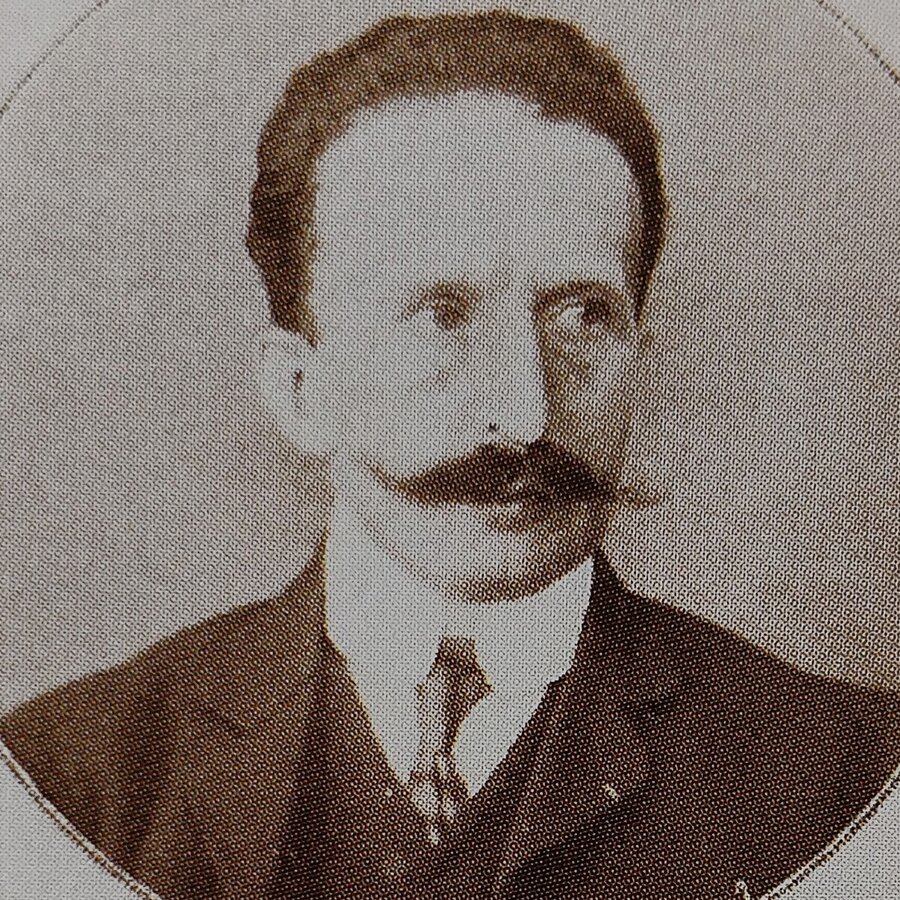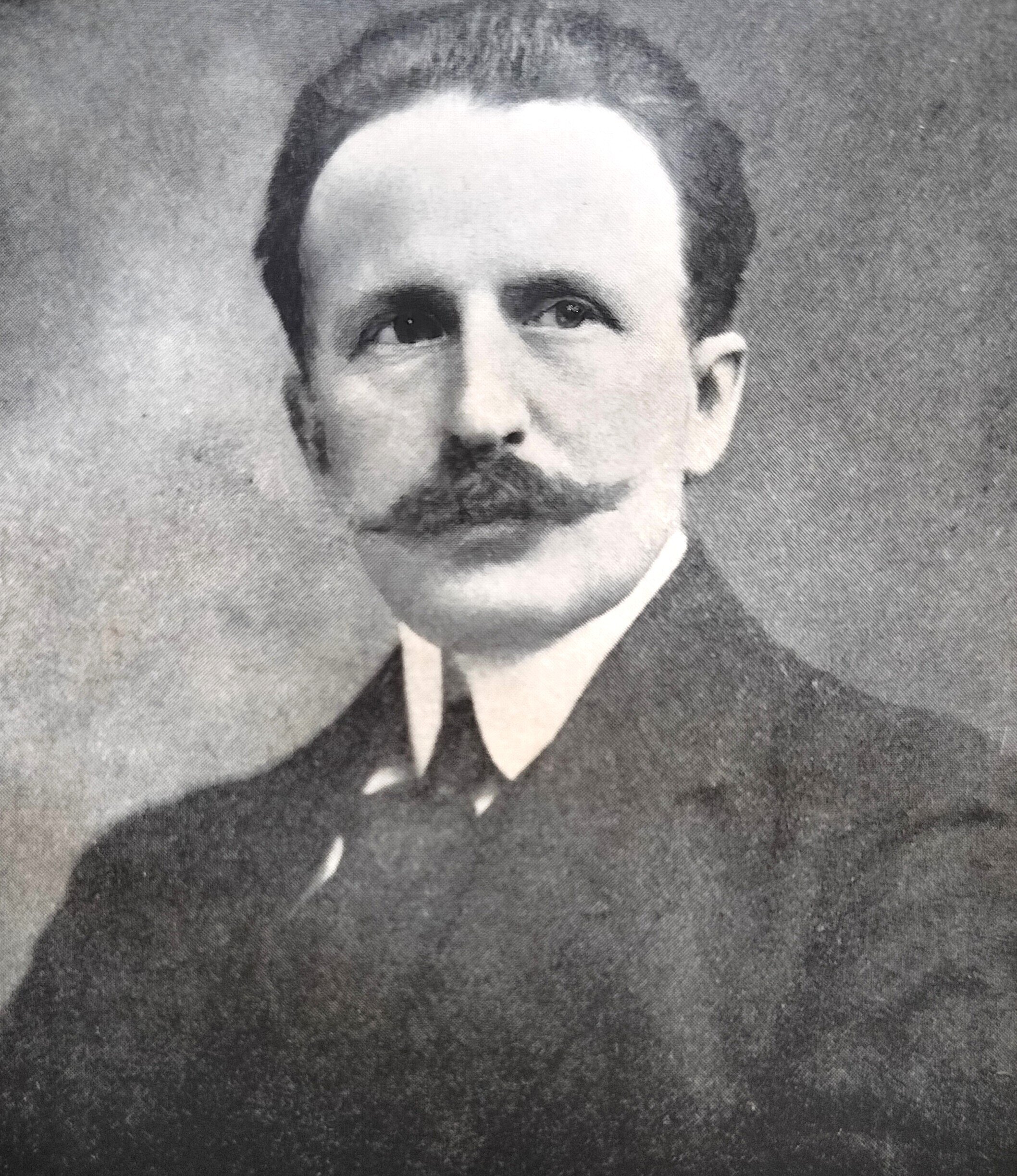Fernand Bernard

Lt-Colonel Fernand Abraham Bernard (24 July 1866, Nîmes, France — 1st Aug. 1961, France) was a French colonial army officer from 1891 until his retirement on 5 Aug. 1908, an entrepreneur and businessman in Indochina and Java who helped to fund the French Resistance network Combat, and the leading negotiator in the Franco-Siamese discussions leading to the 23 March 1907 Treaty which gained the restitution of the provinces of Battambang and Siem Reap (thus Angkor) to Cambodia.
His elder brother Bernard Lazare (born Lazare Marcus Manassé Bernard, 14 June 1865- 1st Sept. 1903) was the libertarian journalist who helped author Emile Zola in breaking through the military censorship and publish his famous “J’accuse!” in defense against Captain Alfred Dreyfus, falsely accused of high treason in an antisemitic plot. Often called “the first Dreyfusard”, Lazare had published in 1894 the book Anti-Semitism, its History and Causes (L’Antisémitisme, son histoire et ses causes). Fernand Bernard never hid his Jewish origins and progressive views — his son Jean-Guy perished in the Auschiwtz concentration camp in July 1944, while his daughter Jacqueline barely survived deportation to Ravensbrück.
In 1906 – 1907, as the head of the French Delimitation Commission negotiating with the representatives of the King of Siam, he obtained the retrocession of Angkor, which he had often visited and photographed during his leave from active service. He published his recollection of the negotiations and his topographic work on the Siam-Cambodia borders in the book A l’école des diplomates (1933). As a young colonial officer, however, he had no qualm in taking part in the brutal clampdown of peasant revolts, for instance the insurrection led by Ky Dong in Tonkin in 1897 – 8.
Lt-Colonel Bernard’s portrait in A l’école des diplomates.
After a mission in Java at the turn of the century, Fernand Bernard spent most of his time as a civilian in French Indochina, becoming deputy director of the Messageries fluviales (Passenger and cargo transportation company along the Mekong River) in 1908 — president from 1925 until 1939, when he was evicted by the pro-Vichy administration. He carried on his research on infrastructure development in Laos, publishing in 1925 a study on transport routes in that country [“Les voies de communication au Laos”, L’Eveil économique de l’Indochine, n. 405, 15 March 1925].
He was involved in numerous commercial, agricultural and banking ventures: manager of tea and coffee plantations in Kontum (1925), rubber plantations in Memot (1926−1937), vice-president of the Union of Rubber Planters (1930), president of the Cigarette Manufactures of Indochina (1929−1939), director of Crédit foncier de l’Indochine (1923−1927) and Crédit hypothécaire de l’Indochine, director of the Loc-Ninh and Central-Indochina Railways (from 1929), as well as member of the board of director of Banque de l’Indochine from 1933 until 1956. He was made Grand-Officier de la Légion d’Honneur on 21 October 1932.
In 1945 (6−18 January), he joined the French delegation at the International Conference for Reconstruction held by the Institute of Pacific Ocean Relations in Hot Springs, USA.

